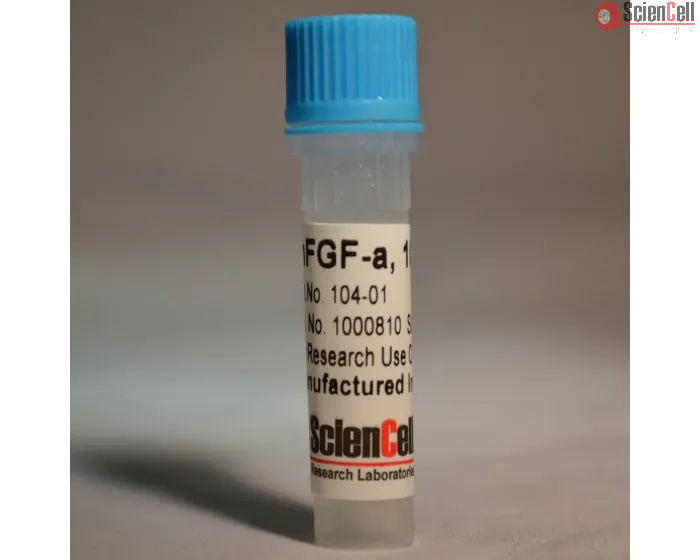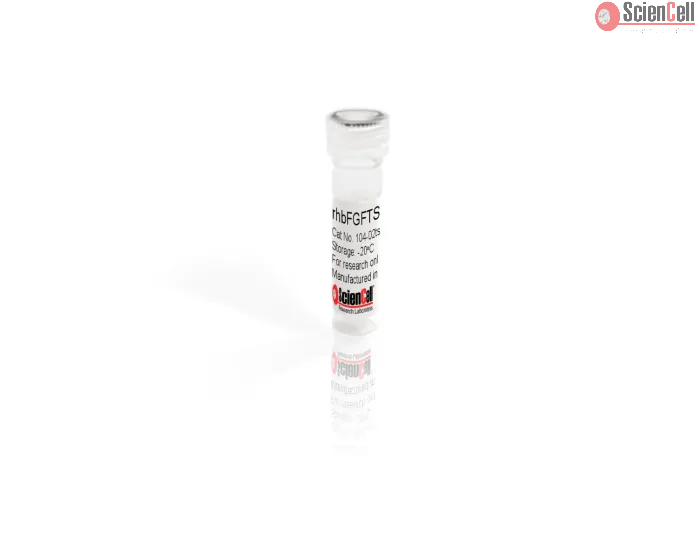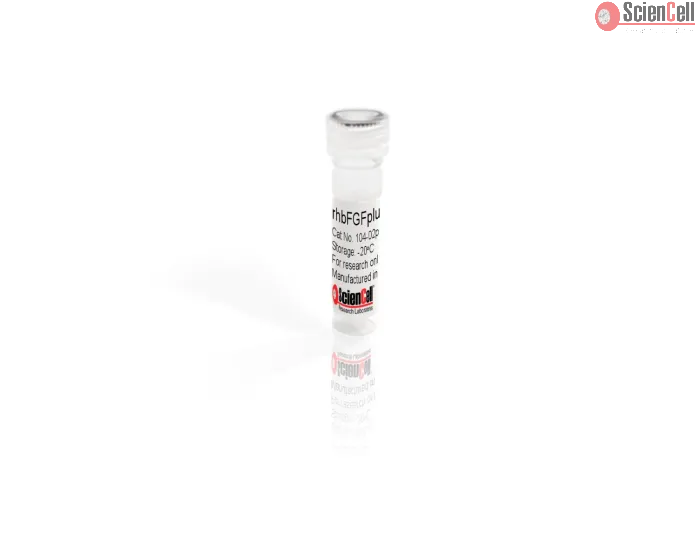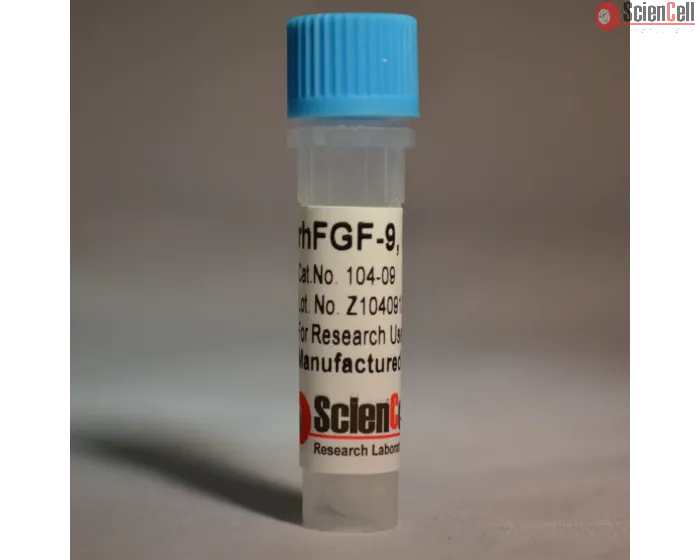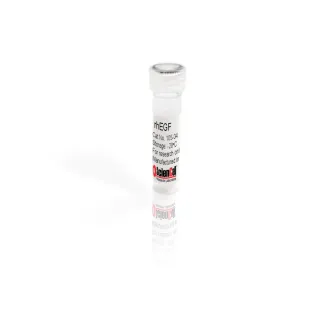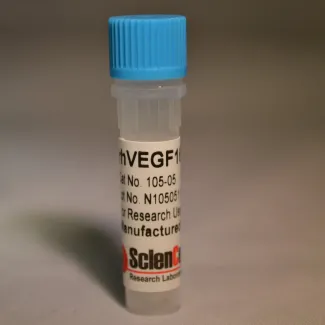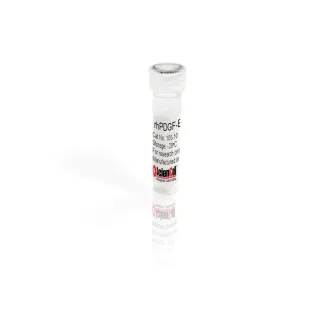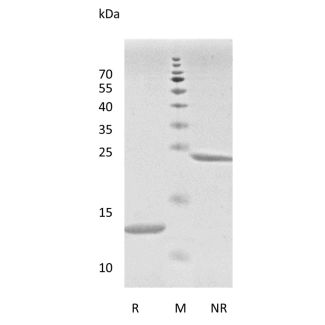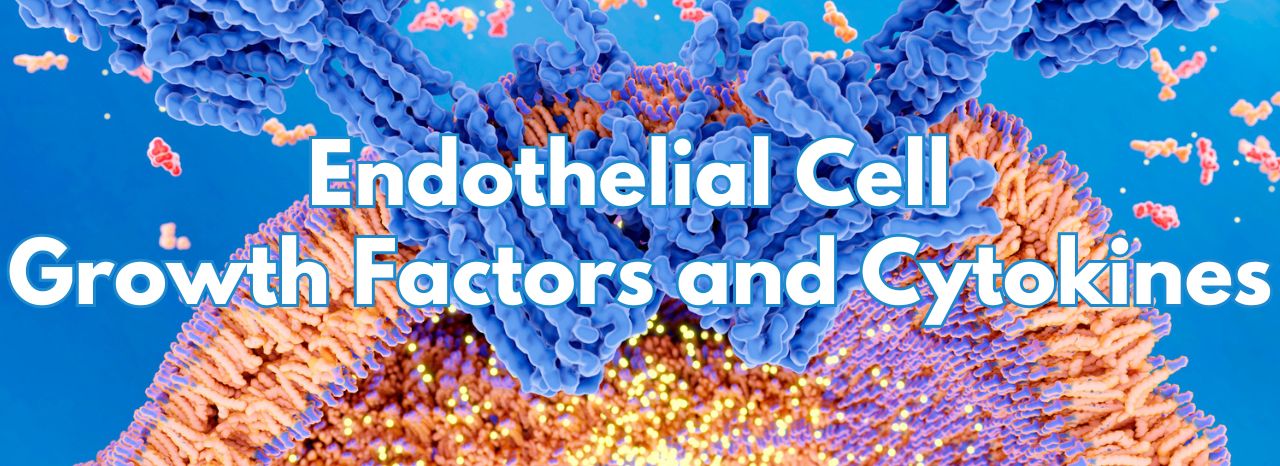

ScienCell's Highly Bioactive, Animal-Free Growth Factors and Cytokines for Endothelial Cell Culture!
Endothelial cells line the interior surface of blood vessels, forming a thin layer known as the endothelium. They play a crucial role in maintaining vascular function and homeostasis.
Endothelial cells serve several important functions, including regulating the passage of substances and cells between the bloodstream and surrounding tissues, controlling blood vessel tone and permeability, and participating in the formation of new blood vessels (angiogenesis).
ScienCell provides growth factors for endothelial cells including EGF, VEGF and thermostable FGF-2.
With robust animal-free manufacturing platform and rigorous quality control procedures, ScienCell’s endothelial growth factors and cytokines are:
- Animal origin-free (AOF) and carrier protein-free
- Highly pure (>95%, by SDS-PAGE, minimal interference from contaminants)
- Highly bioactive (equally or more bioactive than other dominant suppliers)
- Highly reproducible with excellent lot-to-lot consistency
Recombinant Human Fibroblast Growth Factor-acidic (Cat. No. 104-01)
Acidic Fibroblast Growth Factor (aFGF) is a member of the FGF family of mitogenic peptides which is comprised of at least 23 proteins showing 35-55% amino acid sequence conservation.
Unlike other FGF family members, aFGF and basic FGF (bFGF) lack signal peptides and are secreted via a different mechanism other than the classical protein secretion pathway.
Recombinant Human Basic Fibroblast Growth Factor Thermostable (Cat. No. 104-02ts)
ScienCell’s Recombinant Human Basic Fibroblast Growth Factor Thermostable is engineered for greater stability, which is bioactive longer than native bFGF.
By using rhbFGFTS, supplementation with artificially high concentrations of FGF2 or daily media changes with fresh FGF2 are not necessary.
Recombinant Human Basic Fibroblast Growth Factor Plus (Cat. No. 104-02p)
ScienCell’s Recombinant Human Basic Fibroblast Growth Factor Plus is engineered for greater stability, which increases cell proliferation compared to native bFGF.
The rhbFGFplus shares more than 97% amino acid identity with the 155-amino-acid human bFGF and leaves heparin and the FGF receptor binding sites unmodified.
Recombinant Human Fibroblast Growth Factor-9 (Cat. No. 104-09)
Fibroblast Growth Factor 9 (FGF-9) is one of the 23 known members of the FGF family. All FGF family members are heparin binding growth factors with a core 120 amino acid FGF domain that allows for a common tertiary structure.
FGF-9 targets glial cells, astrocytes cells and other cells that express the FGF receptor 1c, 2c, 3b, 3c, and 4.

